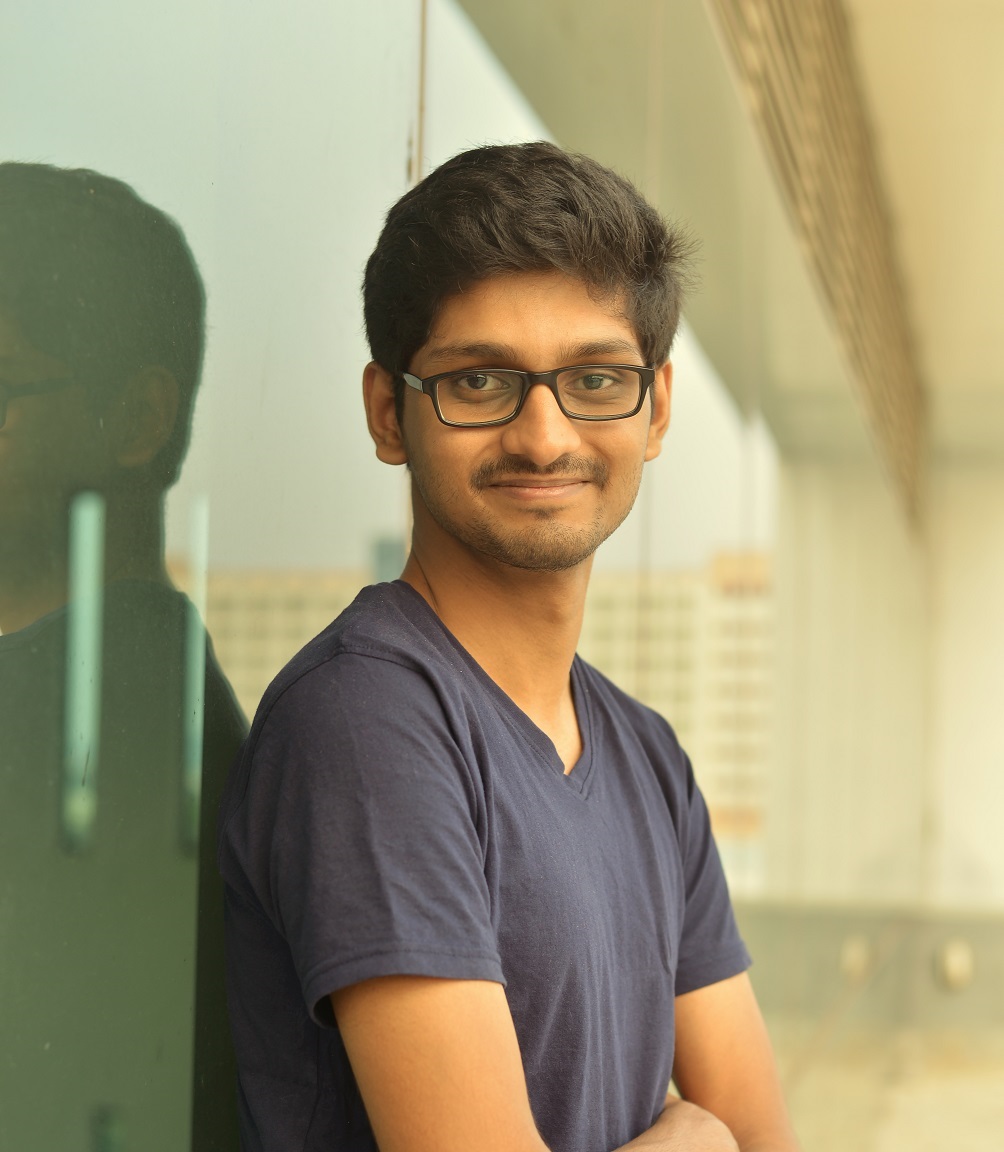I want to talk about the importance of visualizing and imagining concepts while learning them. This is something I should be doing much more of. Wrote this after listening to Mason’s interesting insights on the topic. This is put much better by Richard Feynman on the Fun To Imagine series.
Question: Derive the formula for area of the circle.
Question: Area of circle is pi*r^2 whereas that of a sphere is 4*pi*r^2. How do we make sense of that?
Questions like these are the most enjoable part of math, they’re the ones that put us in the state of flow, they’re the ones by help us imagine better, they’re what make us spend many hours ignoring everything else, they’re what help you retain information for longer. But it’s interesting how (most people) including me wouldn’t be able to answer these questions. That’s because we haven’t spend time thinking closely about math. We were, for the main part, memorizing formulas and plugging number into them when we were younger.
This article is a reminder for me to move back to the basics and spend time thinking about interesting ideas. To not hold back from focusing on understanding concepts deeply to question (even though I got the answer using a formula). To focus on really learning concepts than the marks. To focus on what makes subject most enjoyable. While this doesn’t give me additional marks on the exam, I need to take credit and feel good about myself each time I spend time thinking about something deeply.
From now on, I need to get better at noticing weird inconsistencies in ideas while studying and spend more time exploring them. This is you taking a risk, doing something different from the crowd, to become a better research. Lot of evidence suggests that this is a very good thing, no reason why I should hold back (unless I do it for too long without fulfiling other basic requirements for my career). This is a calculated career risk that is well worth taking.

